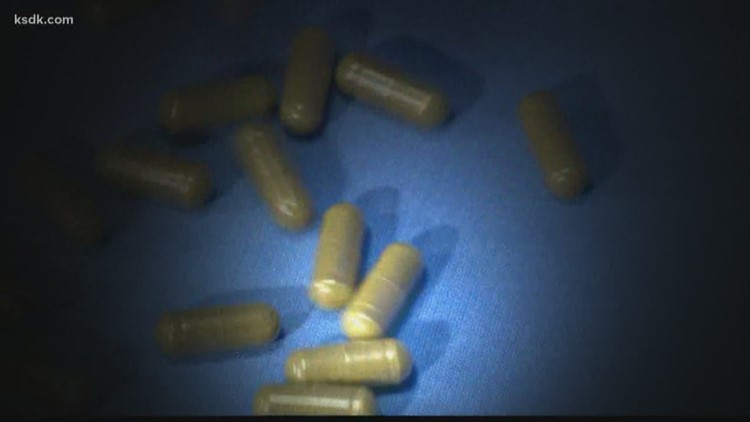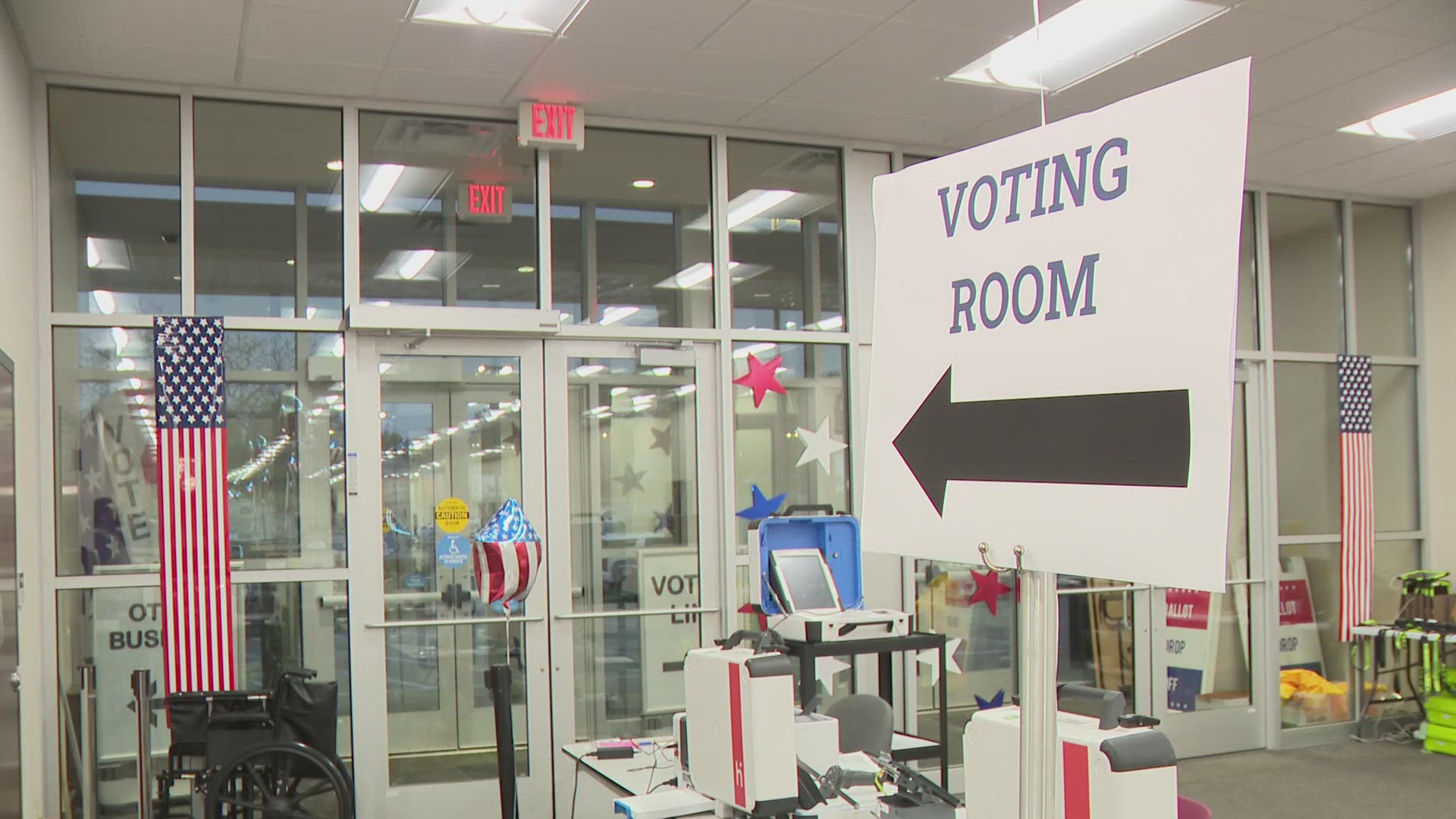ST. CHARLES CO., Mo. – St. Charles County Executive Steve Ehlmann plans to ask the county council to consider a ban on Kratom and related substances in St. Charles County.
Advocates of the herb said it offers relief from pain, depression and anxiety. The U.S. Food and Drug Administration has issued a warning to consumers not to use Kratom because of dangerous risks.
“In St. Charles County, we don’t think a warning is enough,” Ehlmann says. “Dr. Mary Case, St. Charles County’s Chief Medical Examiner, told me Kratom has played a role in at least nine deaths since the end of 2017. While this is certainly a global issue that is being addressed by the Drug Enforcement Administration (DEA), FDA and individual states, including Missouri, it’s hitting home. Local governmental bodies can speed up the process of making this drug illegal by taking a stand now. That is why I am urging the Council to move forward and ban this substance in St. Charles County.”
The county council meeting is on May 13. A vote to approve or reject the ordinance could take place at the council meeting on May 28.
States that have banned the sale and use of Kratom are Alabama, Arkansas, Indiana, Wisconsin, Rhode Island, and Vermont. There is pending legislation in New York, New Jersey, Arizona, Mississippi and Georgia, and other states are conducting studies regarding its use.
An existing St. Charles County ordinance (Section 375.280 of the Ordinances of St. Charles County, Missouri) bans the sale or use of illegal smoking products containing synthetic cannabinoids. The proposed ordinance adds Kratom and the psychoactive compounds mitragynine and 7-hydroxymitragnine to the list of banned substances. It states that Kratom has no FDA-approved uses, has been linked to a rare strain of salmonella, and is tied to at least 1,807 calls to poison control centers in the US. More than half those calls involving serious medical outcomes, including 11 deaths.



